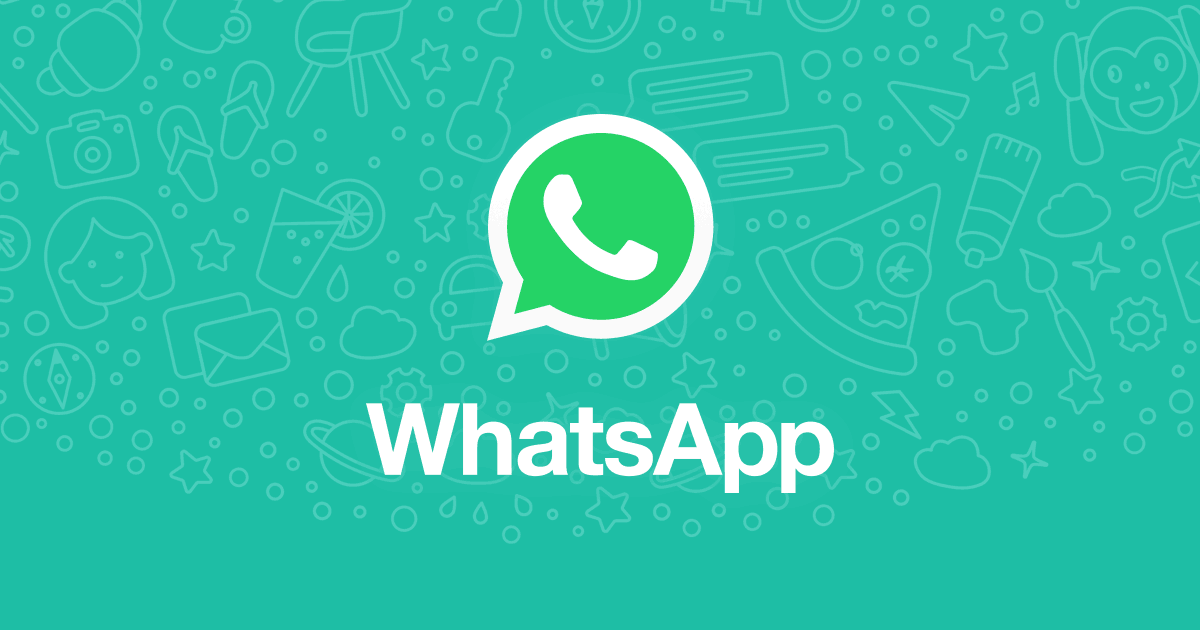Need to get in touch with a person, business, or even institution in Latin America? The strong likelihood is that doing so via WhatsApp will give you the best chance of success. With 64% of the region’s population using the messaging app — that number goes up to 80% in Chile and 83% in Costa Rica – WhatsApp has become a ubiquitous tool across LATAM, only becoming more vital with the rapid digital transformation of many businesses as a result of the pandemic.
Across LATAM, WhatsApp is used by citizens as a way to communicate with family and friends and is being increasingly used by businesses big and small to provide customer service, make sales, take bookings, and more. So, what is it that’s powered this messaging app to such heights in the region? And is it guaranteed to sustain its reign over the LATAM messaging ecosystem?
WhatsApp provides connectivity and minimizes mobile carrier costs
As a result of a lack of competition amongst mobile carriers, limited telecommunications infrastructure, inadequate regulation, high taxes, and more, mobile costs in LATAM are some of the highest in the world. In a place where many can’t afford the costs of texting and calling, WhatsApp provides a much cheaper alternative, allowing people to freely communicate via WiFi.
With WhatsApp, people are also able to avoid the high mobile data costs that prevail in some LATAM nations. In countries like Mexico, Colombia, and Peru, carriers offer data packages with unlimited WhatsApp use — meaning when the user runs out of their allotted gigabytes of mobile data, they still have access to WhatsApp.
What’s more, the iPhone isn’t as dominant as it is in the U.S. — Apple products are more expensive in LATAM and lie outside of many people’s budgets. LATAM citizens use a range of different mobile platforms and carriers and WhatsApp enables everyone to stay connected, no matter their carrier or smartphone device.
In addition to keeping people connected to their family and friends, over the course of the pandemic, WhatsApp has also facilitated communication in professional and educational contexts. In Colombia, WhatsApp has even been used by school and university teachers to send digital materials to students who didn’t have sufficient WiFi or mobile data connectivity. Nor is it uncommon for conversations in professional contexts to be had via WhatsApp. Many people — especially those working primarily from their smartphone — prefer communicating via WhatsApp chat to sending emails back and forth.
Businesses boom with commercial functionality
WhatsApp’s business functionality rolled out fully in 2019 and became essential for LatAm businesses during the pandemic. In the last twelve months, 38% of people in Mexico bought products via smartphone or mobile phone daily or weekly according to PwC. And in Brazil that number was 33%. This surge in mobile e-commerce activity transformed WhatsApp into a powerful sales channel for many companies.
While COVID may have been the catalyst for many businesses to start using WhatsApp to communicate with their customers, the trend will “keep getting stronger in the new normal,” Sergio Prada, Infobip’s Latin America director, told Colombian Semana magazine.
Through WhatsApp, businesses can respond to queries about products, take orders and arrange deliveries, share information about prices, send notifications to customers, and more. Businesses of all sizes are using WhatsApp in many ways — from the local neighborhood stores using it to organize deliveries, to KFC using it to take orders in Costa Rica, to national airlines like Avianca using both automated responses and human representatives to provide customer service via the messaging channnel.
So, it’s no surprise that new digital products have emerged to smooth the process of doing business via WhatsApp. Get10X is a Colombian platform created in 2020 to enable companies to display their product catalog, process orders, and gain customer insights, all through WhatsApp. Kushki is a tailor-made-for-LATAM payments platform that allows companies to securely accept payments through WhatsApp using its Smartlinks feature, which provides a secure interface for customers to make a payment. This allows companies to bypass the process of creating their own payment acceptance process while keeping it all in a secure environment.
The future of WhatsApp in LatAm: Is it at stake?
Undoubtedly, WhatsApp has a stronghold on digital communication across various social and business contexts in LATAM. However, with recent developments that highlighted WhatsApp’s data-sharing policies with its parent company Facebook, many in Latin America are starting to question whether they want to remain so dependent on the service.
This has sparked an uptick in downloads of messaging apps Telegram and Signal, both of which are seen as more reliable than WhatsApp in terms of personal data privacy. Over a 12-day period in January 2021, Telegram and Signal each registered more downloads than WhatsApp did in LATAM (Telegram saw over 480,000, Signal saw over 370,000, WhatsApp just over 240,000).
While all three apps have end-to-end encryption on some level, the amount of personal data that WhatsApp shares with Facebook makes it a concern to many users on the privacy front. Will this be a big enough issue to make a real dent in WhatsApp’s reign in LATAM? Only time will tell.
For now, WhatsApp will continue to dominate across the region, facilitating easy and affordable contact for citizens, and low-touch, convenient communication between businesses and their customers. Any social apps aiming to launch in LATAM should look to the success of WhatsApp and its determining factors to understand what the region’s population wants and needs from a messaging service.





 0
0



